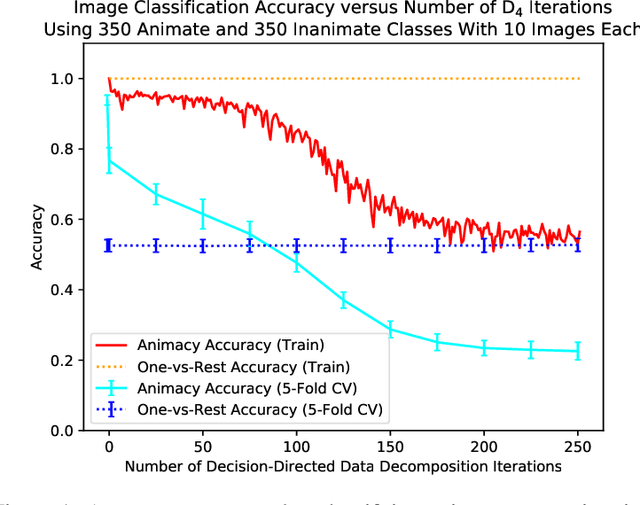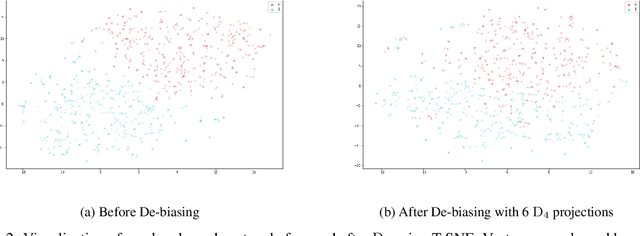Decision-Directed Data Decomposition
Paper and Code
Sep 18, 2019



We present an algorithm, Decision-Directed Data Decomposition, which decomposes a dataset into two components. The first contains most of the useful information for a specified supervised learning task, and the second orthogonal component that contains little information about the task. The algorithm is simple and scalable. It can use kernel techniques to help preserve desirable information in the decomposition. We illustrate its application to tasks in two domains, using distributed representations of words and images, and we report state-of-the-art results showcasing $D_4$'s capability to remove information pertaining to gender from word embeddings.
 Add to Chrome
Add to Chrome Add to Firefox
Add to Firefox Add to Edge
Add to Edge